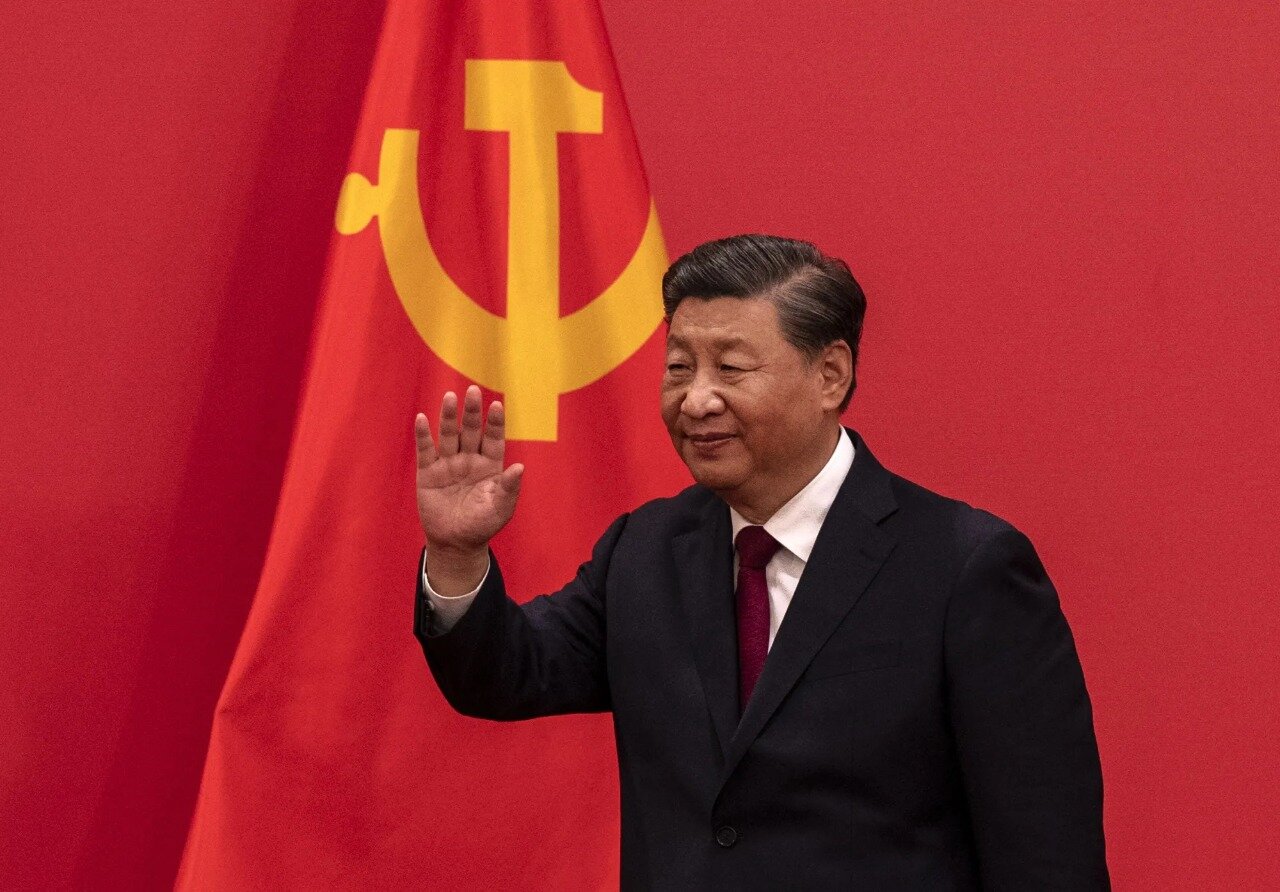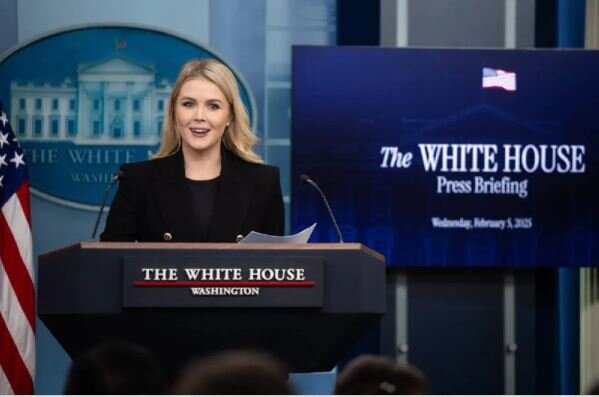President Xi’s Southeast Asia Tour: Strengthening China’s Ties with Neighboring Nations
President Xi Jinping is set to embark on an important diplomatic journey to strengthen China’s strategic relationships with neighboring nations in Southeast Asia. Beginning on Monday, this five-day tour will include visits to Vietnam, Malaysia, and Cambodia, emphasizing the importance of economic and diplomatic ties in the region.
Vietnam Visit
President Xi’s first stop will be in Vietnam, where he will undertake his fourth state visit as both the general secretary of the Communist Party of China Central Committee and the president of China. This visit holds special significance, coinciding with the 75th anniversary of diplomatic relations between the two nations, which have cultivated a lasting partnership.
According to data from the Chinese Commerce Ministry, as reported by CGTN, the economic and trade cooperation between Beijing and Hanoi has demonstrated consistent growth. Key highlights include:
- Since 2004, China has maintained its status as Vietnam’s largest trading partner.
- Since 2016, Vietnam has been recognized as China’s largest trading partner within the ASEAN region.
- The bilateral trade volume has exceeded $200 billion for four consecutive years, reaching a remarkable $260.65 billion in 2024, a year-on-year increase of 13.5 percent.
This visit not only celebrates a significant milestone but also underscores the importance of further strengthening the economic ties between the two countries.
Malaysia Visit
Following his time in Vietnam, President Xi will head to Malaysia. The partnership between China and Malaysia has seen substantial growth, with China being Malaysia’s leading trading partner for an impressive 16 consecutive years. In 2024, the trade volume between the two nations reached a record high of $212.04 billion.
Lin Jian, spokesperson for the Chinese Foreign Ministry, remarked that Xi’s visit to Malaysia will represent an important milestone in enhancing bilateral relations. The emphasis on cooperation and mutual benefit has positioned both countries for continued economic success.
China-Cambodia Cooperation
President Xi’s regional tour will conclude in Cambodia, where China has remained the foremost foreign investor and trading partner for several years. An important aspect of this relationship is the China-Cambodia Free Trade Agreement, which came into effect on January 1, 2022, marking Cambodia’s first bilateral free trade agreement.
In 2024, trade between Cambodia and China surged to $15.1 billion, reflecting a significant year-on-year increase of 23.8 percent. Xi’s visit to Cambodia is expected to elevate bilateral relations even further, fostering greater economic collaboration.
Fostering Friendship
During a central conference focused on work related to neighboring countries held in Beijing from April 8 to 9, President Xi emphasized the necessity of creating a community with a shared future alongside China’s neighbors. He highlighted the importance of:
- Striving to open new avenues for regional cooperation.
- Strengthening strategic bonds by managing differences appropriately.
- Enhancing supply chain ties to promote economic stability.
Xi’s upcoming five-day visit underscores China’s commitment to fostering friendship and enhancing relations with neighboring countries. This sentiment was echoed by Lin, who stated that neighboring countries are a priority in China’s diplomatic agenda. He reiterated that China and Southeast Asian nations are good neighbors, good friends, and good partners, sharing a vision for a mutual future.
This diplomatic mission by President Xi Jinping reflects China’s ongoing efforts to solidify its presence and influence in Southeast Asia, aiming for a collaborative future that benefits all parties involved. The scheduled visits to Vietnam, Malaysia, and Cambodia are not merely ceremonial; they represent strategic moves to enhance economic partnerships and regional stability.
As the world watches, the outcomes of these visits could significantly alter the dynamics of international relations within Asia, particularly concerning trade and economic cooperation. By prioritizing these relationships, China aims to position itself as a central player in the evolving landscape of Southeast Asian geopolitics.






